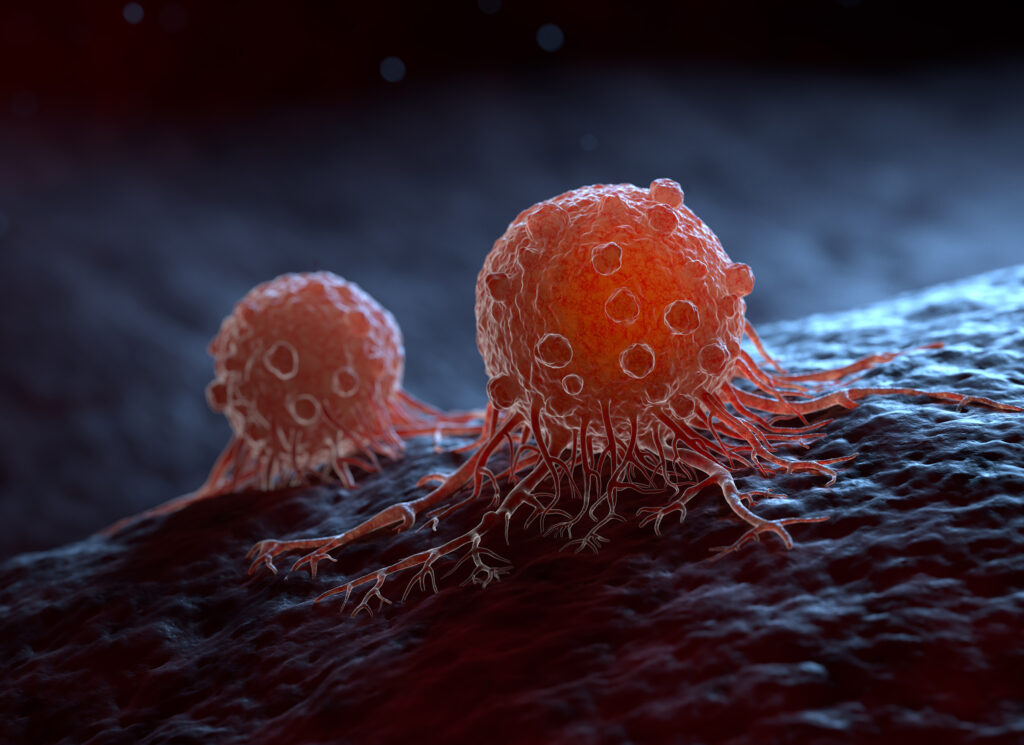While we’re still learning how to best treat cancer, doctors have gotten better at spotting it in its earliest stage. That’s thanks to specific cancer markers—cells that often appear when invasive cancer cells are present in the body. But a new study could throw all that out.
Aneuploid cells are a common clue doctors look for when checking for invasive breast cancer. These cells have an abnormal number of chromosomes, and many believe that imbalance is what helps the cancer spread and evade the body’s immune system.
However, a new study from researchers at the University of Texas and the Baylor College of Medicine in Texas has found that these cancer markers might also be present even when cancer isn’t.
The researchers published their findings in the journal Nature, writing that they had discovered aneuploid cells in the breast tissue samples of 49 healthy women. This discovery is concerning for a number of reasons—the most important is that it changes what we thought we understood about this invasive cancer.
If these cells are not actually cancer markers, and they appear in healthy tissue, too, then doctors will need to find another way to spot breast cancer during the early stages. Overall, this discovery has some huge implications for the field of breast cancer, as well as for multiple other cancer types.
The researchers were quick to note that these findings don’t mean that everyone is walking around with precancers. However, they do warn that we need to set up larger studies to help us understand the implications of developing cancer so that we can better determine when and how cancer gets started in different individuals.
It’s possible that this particular approach could reveal these cancer markers in other parts of the body, too. All of this could, hopefully, lead to more insight into creating new cancer treatment options.


